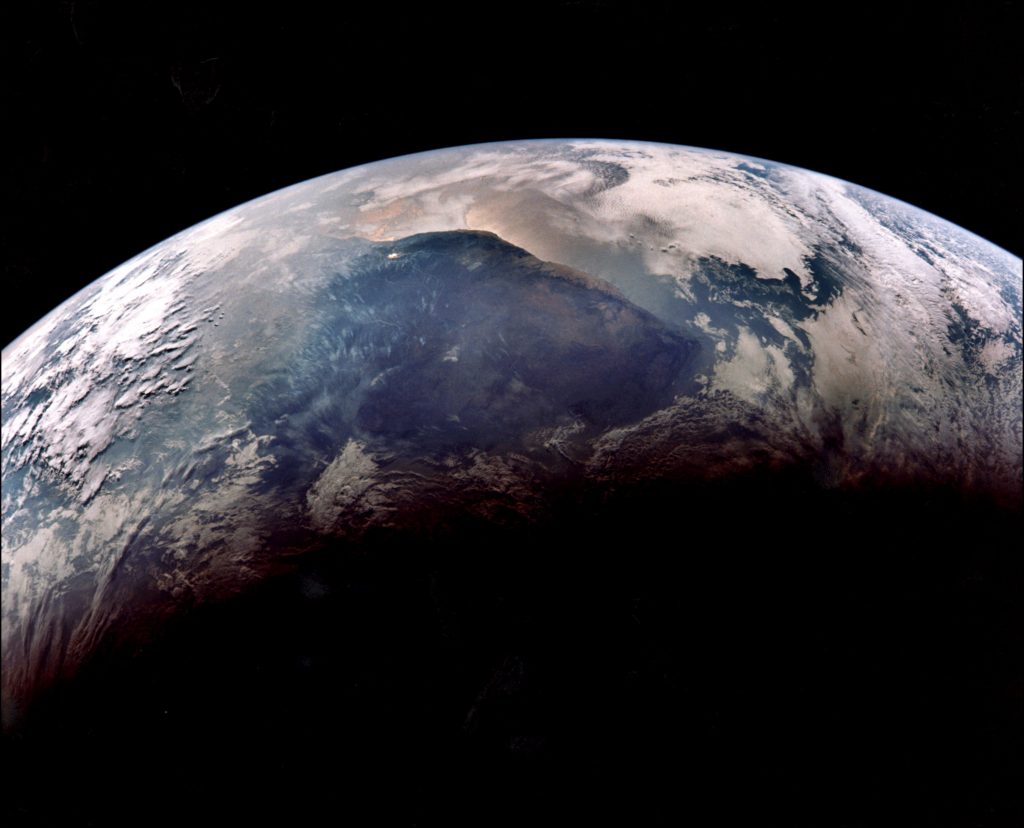Washington: New research that looked at samples of small meteorites that hit our planet about 2.7 billion years ago has found that early Earth’s atmosphere was rich in carbon dioxide, not oxygen.
Previous work suggested the meteorites ran into oxygen, contradicting theories and evidence that the Earth’s early atmosphere was virtually devoid of oxygen.
“Our finding that the atmosphere these micrometeorites encountered was high in carbon dioxide is consistent with what the atmosphere was thought to look like on the early Earth,” said first author Owen Lehmer from the University of Washington, Seattle.
Knowing the conditions on the early Earth is important not just for understanding the history of our planet and the conditions when life emerged, it can also help inform the search for life on other planets.
“Life formed more than 3.8 billion years ago, and how life formed is a big, open question. One of the most important aspects is what the atmosphere was made up of — what was available and what the climate was like,” Lehmer said.
The new study, published in the journal Science Advances, takes a fresh look at interpreting how these micrometeorites interacted with the atmosphere, 2.7 billion years ago.
A computer simulation showed that an atmosphere made up of from 6 per cent to more than 70 per cent carbon dioxide could have produced the effect seen in the samples.
“The amount of oxidation in the ancient micrometeorites suggests that the early atmosphere was very rich in carbon dioxide,” said study co-author David Catling, Professor at the University of Washington.
(IANS)
